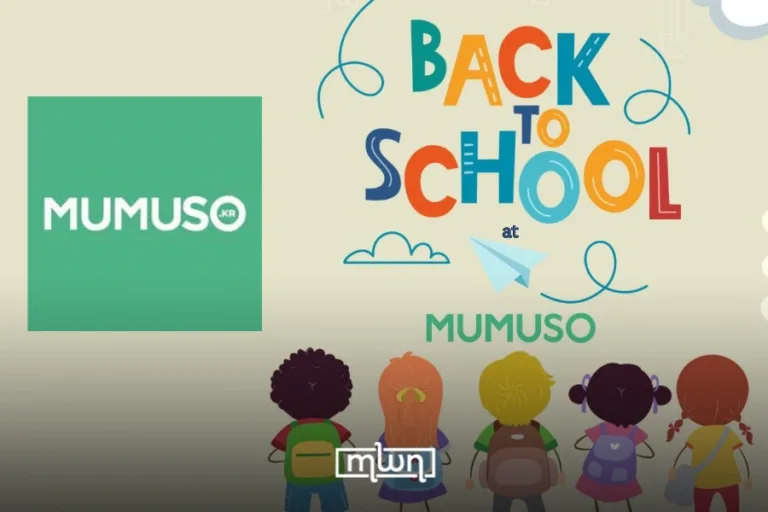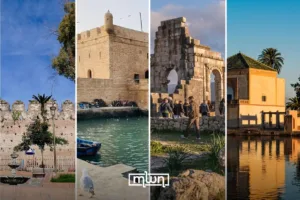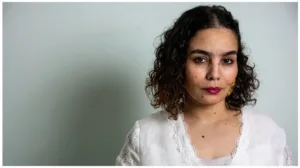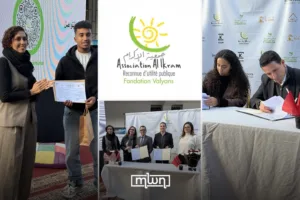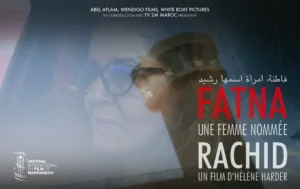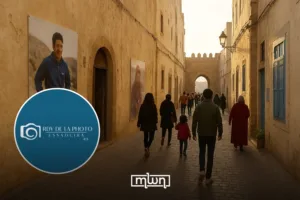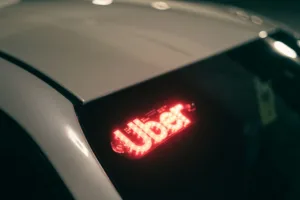While the global economy was going through one of the worst crises to hit the modern world in 2021, remittances proved to be a reliable source of foreign currency that helped support the economies of many developing nations, especially in Africa and Asia.
At the height of the COVID-induced economic recession, the flow of remittances into Morocco rose by a historic 37%, and shored the country’s post-pandemic economic rebound in 2021, Morocco’s Central Bank, Abdellatif Jouahiri, said in January 2023 on the sidelines of the Rabat Forum on Reduction of Remittance Costs for African Diaspora, a continental forum that brings together decision-makers to adopt policies to facilitate the transfer of remittance money.
On a macroeconomic level, remittances helped cover one-third of Morocco’s budget deficit in the same year and made up 20 of funds collected by Moroccan banks.
As they provide an important source of foreign currency, remittances helped cover one-third of Morocco’s budget deficit in 2021 and represented 20% of funds collected by Moroccan banks.
Morocco is currently the second-largest remittance receiver market in Africa, with inflows of $11.4 billion in 2022, with half of the receivers in the country collecting funds at least once a month.
Remittances also represent a source of livelihood for many families. On a global scale, 200 million migrant workers send money home every year, and 800 million people (in households of four, on average) benefit from these flows. While remittances sent only represent 15% of what migrants earn, what they send represents up to 60% of a household’s total income – extending a lifeline for millions of families.
Data further indicate that over 50% of remittances are sent to households in rural areas, which further cements the role remittances play in the socioeconomic development of emerging economies.
During the pandemic, remittances played an important role in cushioning social security, as they offered a reliable source of income for thousands of Moroccan households.
Despite the critical role they play in the global economy, the transfer of remittances remains very challenging due to bureaucratic and operational hurdles, and the high cost of transferring funds through conventional banks.
In one survey, 72% of Moroccans who regularly receive remittances complained of having to repeat form-filling and validation procedures despite being regular customers, and 86% said they would like instant and reliable registration using biometrics or facial recognition.
In recent years, however, new emerging players in the private sector levering fintech are promising to facilitate the transfer of funds to the global south. “Sending money to Morocco used to be a complicated and time-consuming process for customers, but thanks to Tap Tap Send, it can now be done in just a matter of minutes,” said Marouane Benkhechane Taffah, Co-Founder of Tap Tap Send Morocco, a mobile money transfer application.
Pioneering digital solutions to facilitate money transfers can also lower the rising cost of sending remittances. Remittances transferred by the African diaspora are currently the most expensive in the world, averaging 8%, against 6% in other regions. For each $200 a member of the African diaspora transfer, Africa pays $16, while Asia pays less than $10.
The high cost of remittance falls short of the United Nation’s ambitions; the current cost is a far cry from the 3% which the UN declared is its 10th objective for Sustainable Development by 2030, he added. Fintech-backed applications like Tap Tap offer remittance transfer services at a fraction of the cost that conventional bank charge.
Fintech-back solutions for remittances transfer also promises to cut the waiting time associated with transferring remittances, reducing it to real-time operations. “Thanks to Tap Tap Send, customers no longer have to go through the trouble of lengthy processes and wait times when sending money to Morocco.”
Tap Tap’s solution allows users to transfer money quickly, and its services are available through a mobile application, making them accessible to users in remote and remote areas.
Digital solutions for money transfer are gaining traction in Morocco and elsewhere. In one survey, around 84% of consumers who receive remittances in Morocco said they want service providers to integrate their services into a single mobile application.
As a partner of Morocco World News, Tap Tap Send is offering readers promo code MWN23 for a free €5 added to their first transfer via Tap Tap Send.
Code promo valid only for the first transfer per user, 15€ minimum transfer amount, Valid for all pay-in Taptap Send Countries; Promo code amounts to 10 USD / 50 AED / 5 GBP / 5 EUR / 10 CAD.


